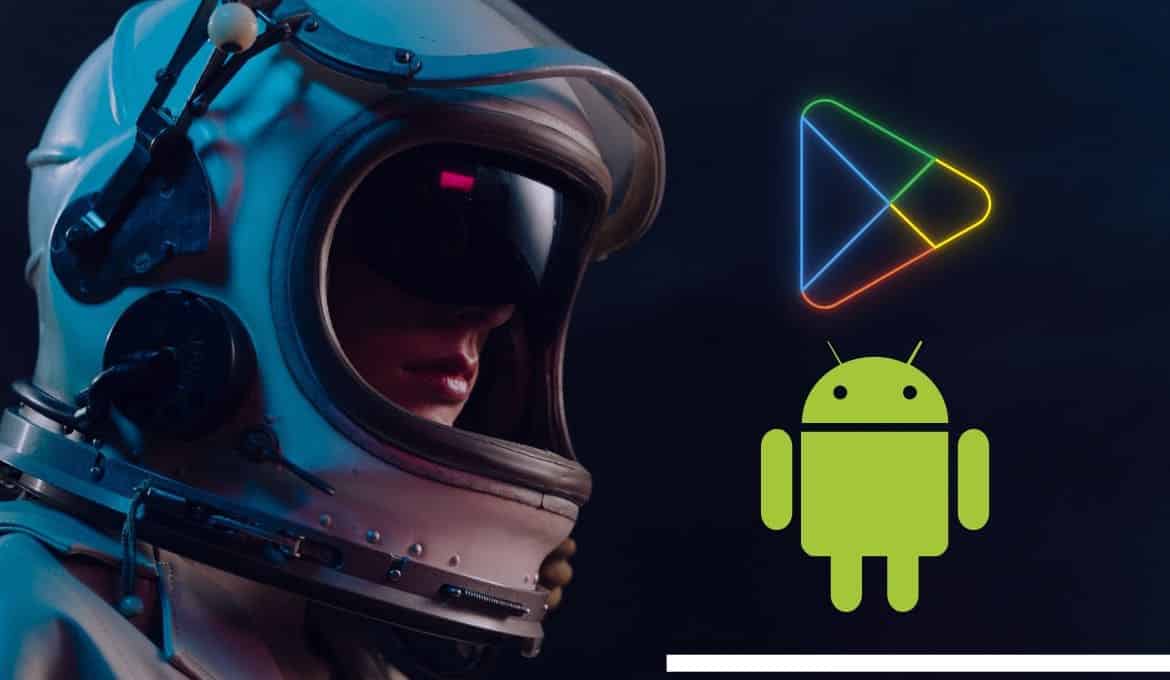Table of Contents
Google’s AI Revolution Boosts Android’s Future with Artificial Intelligence. Discover the cutting-edge advancements showcased at Google’s annual software conference. From transformative wallpaper powered with AI to the pursuit of generative AI capabilities, Google is pushing boundaries in the field.
With a dedicated focus on user-centric and responsible applications, the company aims to catch up with its competitors and provide practical AI solutions for billions of Android users.
Explore the latest updates, expansion, and extensive reach of Android devices as Google solidifies its position as a leader in the AI revolution.
Transformative Wallpaper: AI-Powered and Interactive
In the lead-up to Google’s annual software conference, executives expressed remarkable enthusiasm for transformative wallpaper, particularly for Android phones.
This wallpaper, generated through artificial intelligence, comes to life with movement and undulations, activated by simple prompts on the phone’s screen.
Google’s Pursuit of Generative AI and Catching Up
The term that stands out here is “generative AI,” a subset of artificial intelligence that holds immense promise for both large and small IT companies.
Among the pioneers in this field is Google, a subsidiary of Alphabet. Google takes pride in its role as the innovator of transformer technology, as evidenced by the “T” in OpenAI’s ChatGPT, which was first introduced by Google in 2017.
Over the years, Google has dedicated significant efforts to developing chatbot technology that emulates human interaction.
However, with OpenAI and Microsoft already launching their generative AI conversation tools, such as ChatGPT, before Google could deploy its own tool called Bard, Google is perceived as lagging behind in the field of generative AI.
This realization prompted Google to take urgent action, allocating additional resources to develop AI products and catching up with its competitors.
Showcasing AI Innovations at Google I/O Developer Conference
In light of this, Google’s annual developer conference, I/O, held in Mountain View, California, serves as the perfect platform for Google to showcase its latest AI technologies.
The overarching theme of the conference revolves around AI, which is also prominently featured in two new Android-specific capabilities. This demonstrates Google’s commitment to releasing practical generative AI products and reaching billions of users.
Dave Burke, the Vice President of Engineering for Android, acknowledges that Google has been at the forefront of pioneering research, particularly in the development of large language models that serve as the foundation for significant advancements in technology.
With the extensive reach of Android devices, Google aims to leverage this expertise and combine it with its Android platforms to create innovative solutions.
The Growth of Android: Updates, Reach, and Expansion
According to Chirag Dekate, a Vice President and Analyst at Gartner, Google sees the Android ecosystem as a platform where it can showcase its innovative AI portfolio on a large scale, giving them an advantage over its cloud competitors.
To avoid potential ethical issues related to AI art copyright, Google states that its image-generation model is trained on publicly available works of art. Initially, the AI-generated wallpapers will only be accessible on Google’s own Pixel phones, limiting public access.
While the concept of having AI-generated wallpapers may seem unusual, Google views it as a user-centric and responsible application of AI, as mentioned by Dave Burke.
Sameer Samat, the Vice President of Product Management for Android and the Google Play app store acknowledges that while the advancements in generative AI are fascinating, they are still in their early stages of incorporation into products. Commercialization of these technologies is not yet fully realized.
The latest software update for Android encompasses various enhancements, including personalization options and generative AI. Android 14, which started rolling out as beta software in February, brings support for larger screens like the Pixel Fold, battery-saving capabilities, and improved security features such as passkeys. Google announced that there are now over 3 billion active Android devices worldwide, including phones, tablets, vehicles, and TVs. Android TV OS is highlighted as the most widely shipped streaming platform globally, while WearOS, Google’s wearable device software, is experiencing rapid expansion.
Conclusion to Google’s AI Revolution Boosts Android’s Future with Artificial Intelligence
In conclusion, Google’s AI revolution is propelling Android’s future with artificial intelligence. The transformative wallpaper powered by AI showcased at Google’s annual software conference demonstrates the company’s commitment to pushing boundaries in the field. While playing catch-up with competitors in generative AI, Google’s dedicated focus on user-centric and responsible applications aims to provide practical AI solutions for billions of Android users.
With the extensive reach of Android devices and the recent updates, expansion, and widespread adoption of Android platforms, Google solidifies its position as a leader in the AI revolution. The combination of innovative AI technologies, such as generative AI capabilities and personalization options, along with the growing number of active Android devices worldwide, sets the stage for a promising future where AI seamlessly integrates into our daily lives.


